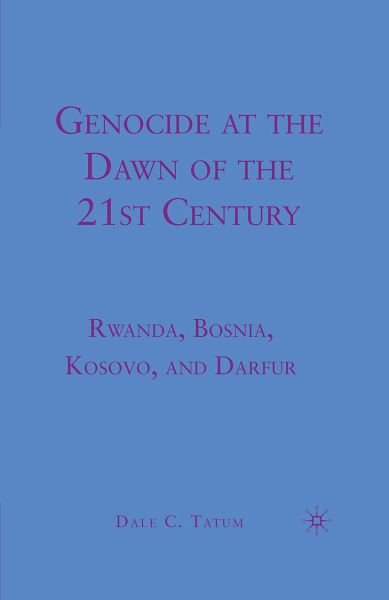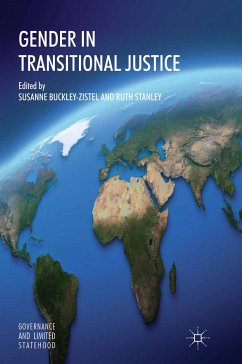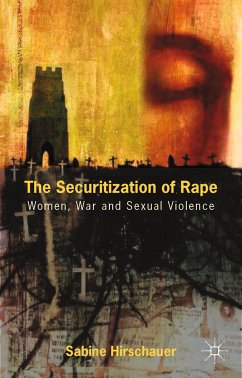
Genocide at the Dawn of the Twenty-First Century (eBook, PDF)
Rwanda, Bosnia, Kosovo, and Darfur
Versandkostenfrei!
Sofort per Download lieferbar
40,95 €
inkl. MwSt.
Weitere Ausgaben:

PAYBACK Punkte
20 °P sammeln!
At the end of World War II, the international community deemed genocide a crime against humanity. Yet, at the dawn of the twenty-first century it has occurred repeatedly. This book explains why genocide began to occur in the twenty-first century and why the United States has been ineffective at preventing it and stopping it once it occurs.
Dieser Download kann aus rechtlichen Gründen nur mit Rechnungsadresse in A, B, BG, CY, CZ, D, DK, EW, E, FIN, F, GR, HR, H, IRL, I, LT, L, LR, M, NL, PL, P, R, S, SLO, SK ausgeliefert werden.












